10 Worst Foods For Your Cholesterol You Should Avoid
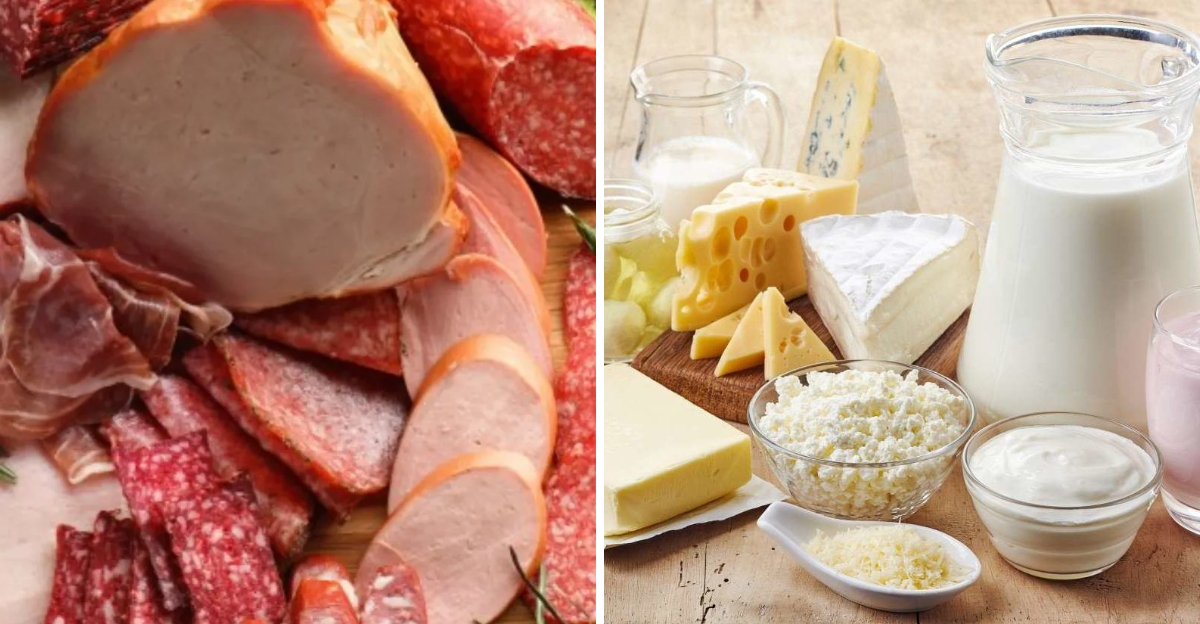
If you’re watching your heart health or trying to lower your cholesterol, what you don’t eat can be just as important as what you do. Some foods are loaded with saturated fat, trans fat, or refined carbs that can raise LDL (bad cholesterol) and lower HDL (good cholesterol). Here are 10 of the worst offenders to limit—or better yet, ditch altogether.
1. Processed Meats (Bacon, Sausage, Hot Dogs)
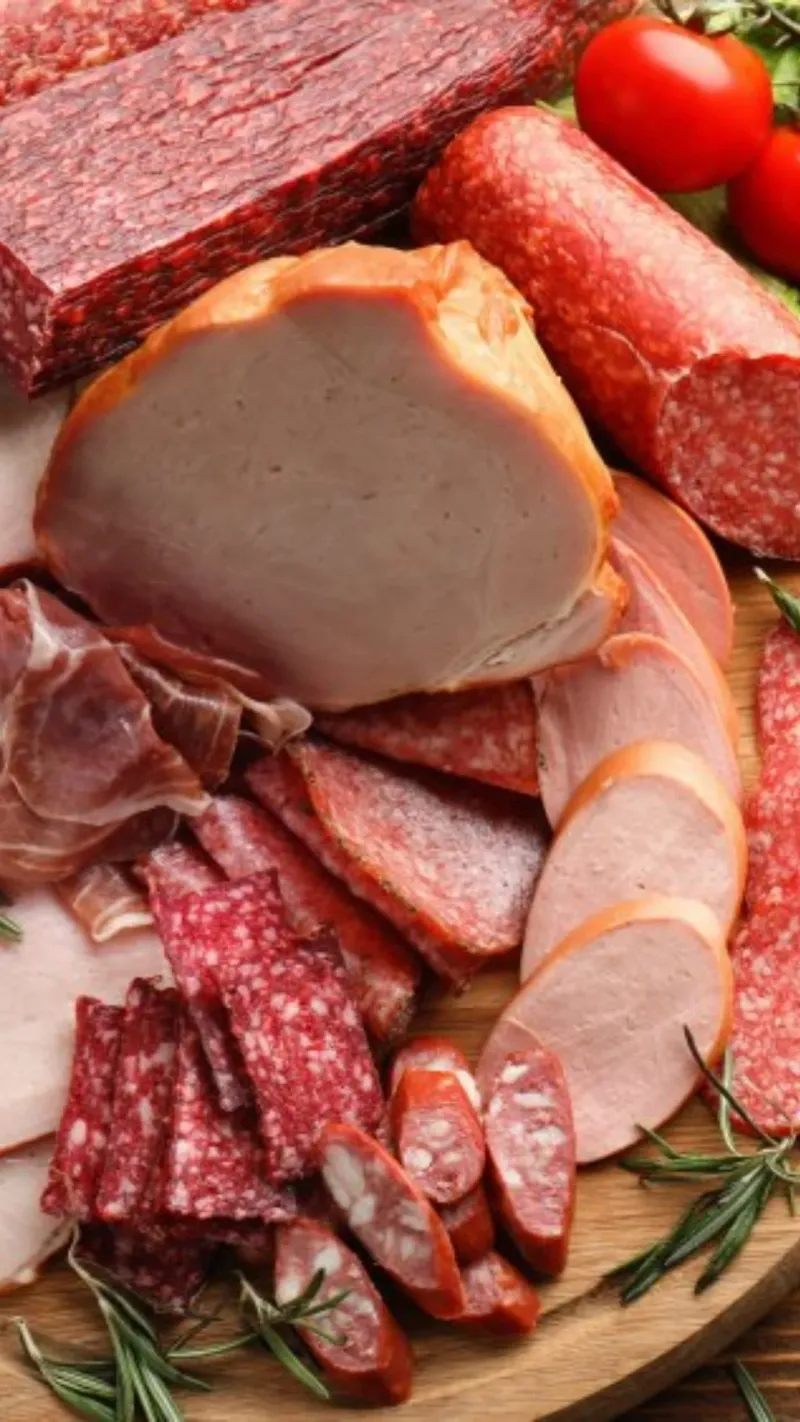
With their irresistible aroma, processed meats like bacon and sausage often play the villain in our diets. Laden with saturated fats and sodium, these meats can be a ticking time bomb for your cholesterol. Even those marketed as ‘lean’ are usually heavily processed, negating their health claims.
Imagine starting your day with crispy bacon, only for it to silently chip away at your heart health. Studies show a direct correlation between these meats and increased LDL levels. As convenient as they are, choosing fresh, unprocessed options is a wiser decision for heart-conscious individuals.
2. Fried Foods

Golden and crispy, fried foods often tempt us with their addictive crunch. Yet, beneath that delicious exterior lies a host of heart-harming ingredients. Most are cooked in oils that are high in trans fats, or reused multiple times, significantly raising cholesterol levels.
From French fries to onion rings, the allure of these comfort foods can be hard to resist. However, indulging regularly can spike both cholesterol and inflammation. Swap them for baked or air-fried alternatives to enjoy the taste without the health risks. It’s a small change that makes a big difference.
3. Butter
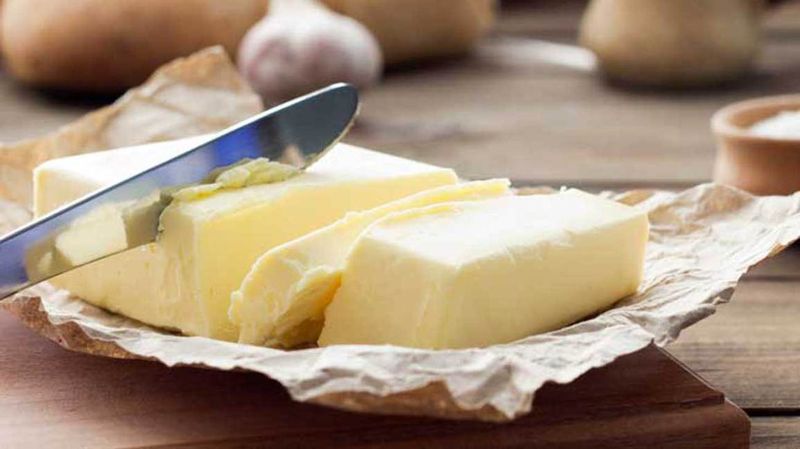
Butter, with its rich, creamy texture, is many a cook’s secret weapon. But beware, just a single tablespoon packs over 7g of saturated fat. Routinely spreading it thickly on bread or using it in daily cooking can quickly add up, wreaking havoc on your cholesterol levels.
While its flavor is unmatched, moderation is key. Opting for healthier spreads or oils can offer similar culinary results without the cholesterol spike. Making this switch can be a simple yet effective step towards better heart health, without having to sacrifice taste entirely.
4. Whole-Fat Dairy Products
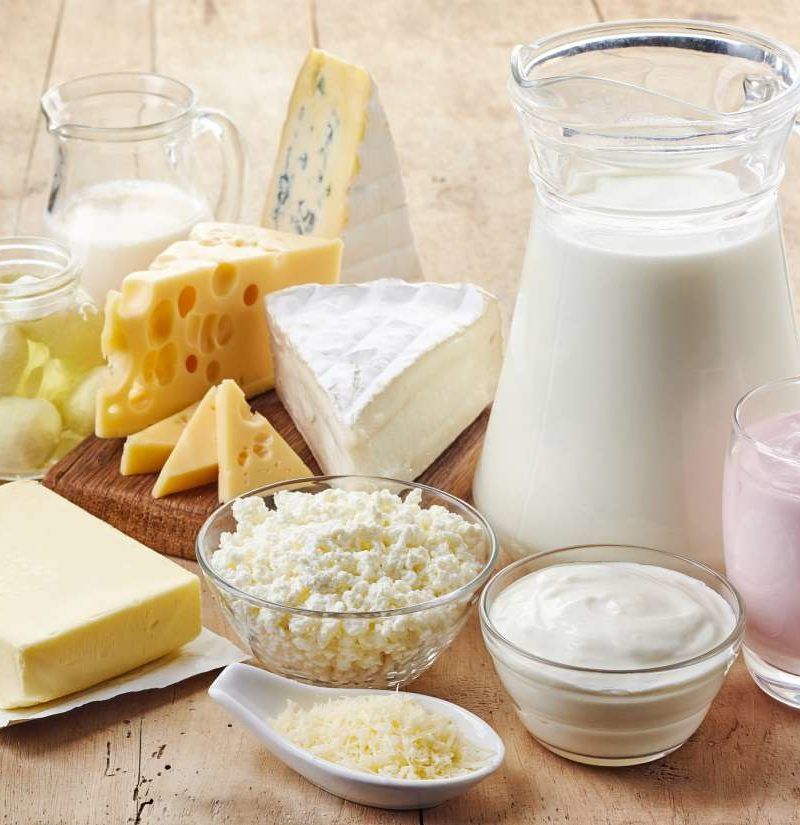
Whole-fat dairy products, from ice cream to full-fat yogurt, often represent indulgence and childhood nostalgia. Yet, these creamy delights come with a hidden cost: high saturated fat content. Regular consumption can drive LDL cholesterol levels upward, presenting a silent threat to heart health.
Reimagining your favorite dishes with low-fat or non-dairy alternatives can preserve flavor while protecting your heart. Choosing wisely doesn’t mean giving up on taste. With plenty of delicious substitutes available today, it’s easier than ever to enjoy dairy without compromising on health.
5. Baked Goods Made with Shortening or Margarine
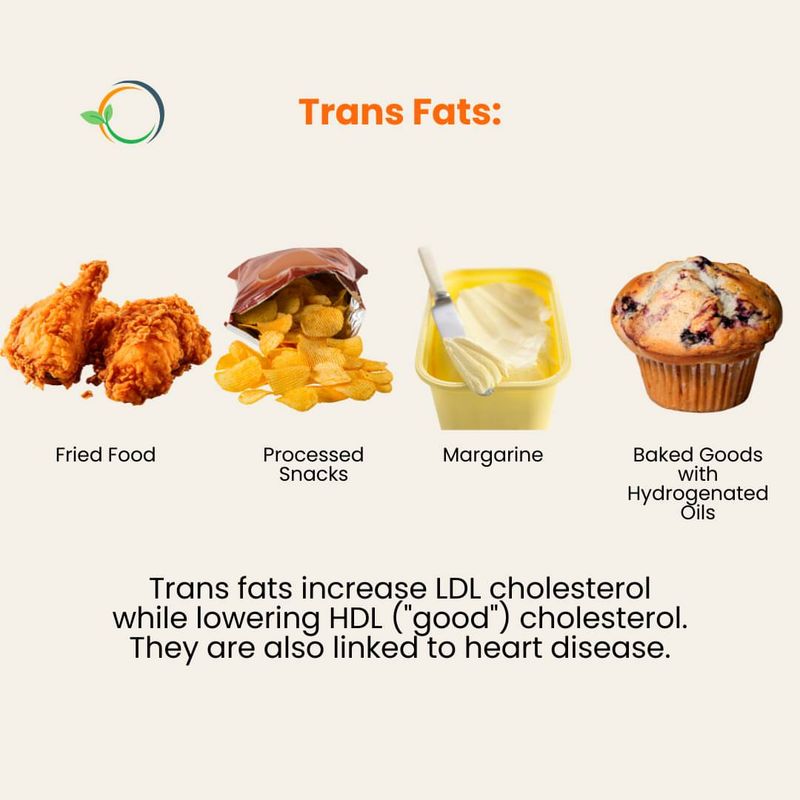
Few things are as comforting as a fresh-baked cookie or flaky pie crust. However, baked goods made with shortening or margarine often contain trans fats, the most harmful kind for cholesterol. These tasty treats can stealthily elevate LDL levels, making them less sweet for your heart.
When craving baked goods, consider recipes using healthier fats like olive or avocado oil. Homemade versions can satisfy your sweet tooth without compromising heart health. This small culinary tweak can make all the difference for those mindful of cholesterol.
6. Red Meat (Especially Fatty Cuts)
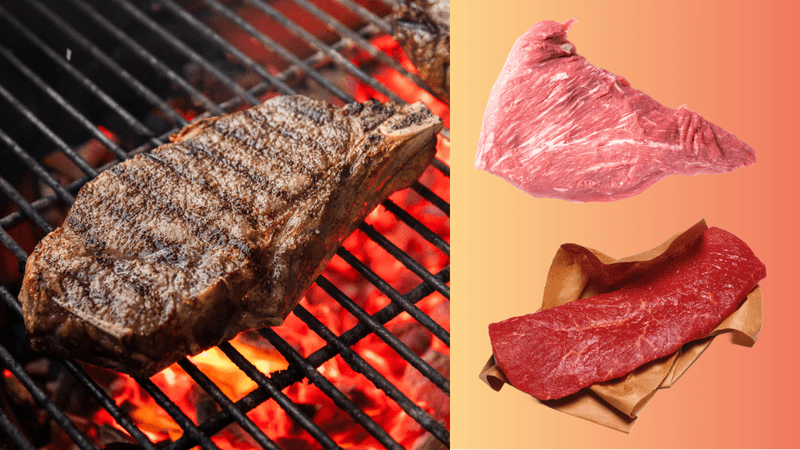
Juicy and flavorful, red meat is a staple in many diets. Yet, cuts like ribeye and T-bone can be high in saturated fats, a known culprit for elevating cholesterol. Indulging in these fatty cuts regularly could become a dietary pitfall if heart health is a concern.
Opting for leaner cuts or plant-based proteins can reduce the cholesterol burden while still offering culinary satisfaction. Balance is crucial, ensuring indulgence doesn’t compromise well-being. Moderation and mindful choices can help maintain both taste and heart health.
7. Fast Food Burgers and Sandwiches
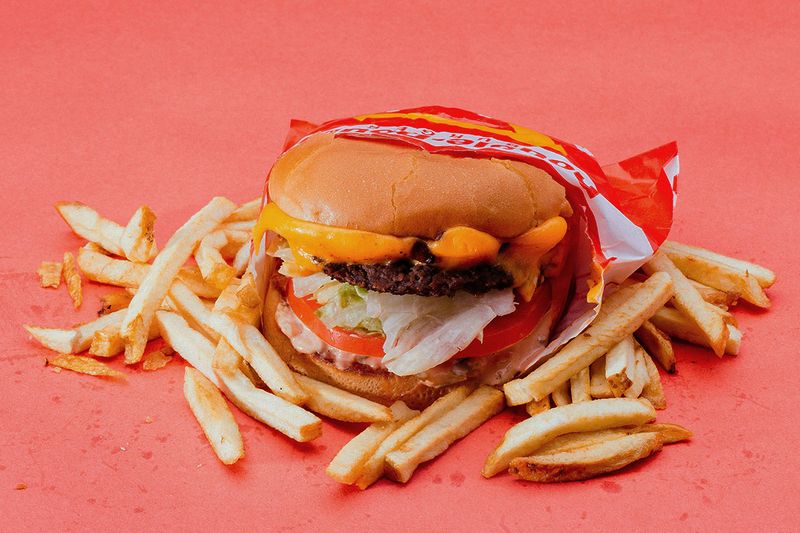
Fast food represents convenience at its finest, but at what cost? Often crafted with fatty meats and lavishly topped with high-fat sauces and cheese, burgers and sandwiches are a cholesterol minefield. Pairing them with fries and a shake triples the threat to your heart.
Rethinking fast food choices can save both time and health. Opting for grilled options and skipping the extras can satisfy those cravings without the detrimental cholesterol spike. Small, mindful changes in ordering habits can protect your heart for the long haul.
8. Packaged Snacks (Chips, Cheese Puffs, Microwave Popcorn)
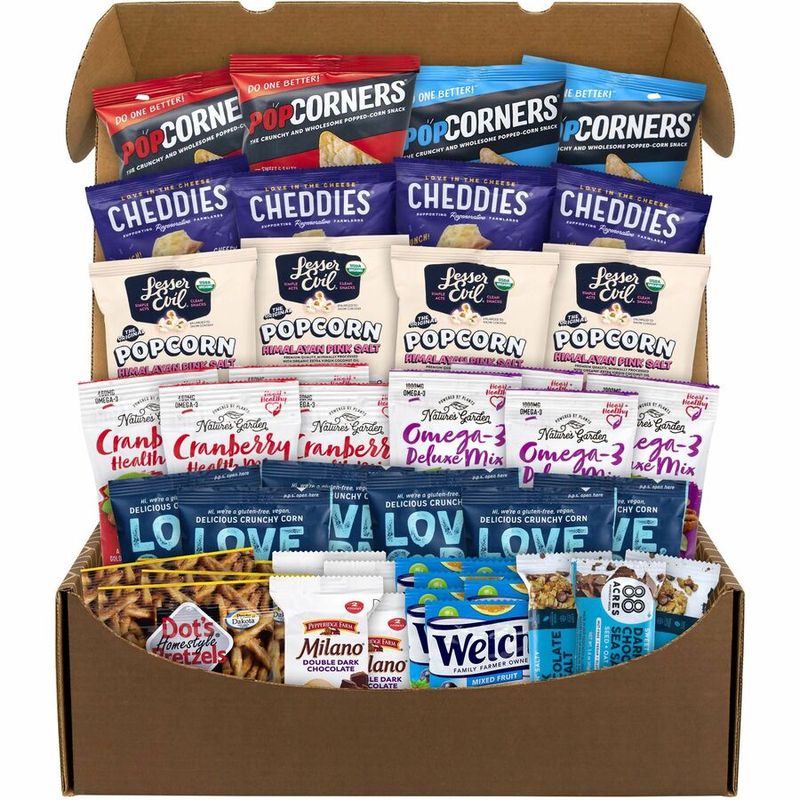
Packaged snacks like chips and cheese puffs often call to us during a movie night or as a quick fix for hunger. However, these are frequently fried or laden with trans fats and excessive sodium, creating a trifecta of cholesterol-raising ingredients.
Reaching for these snacks regularly can elevate cholesterol and increase blood pressure. Swapping them for whole grain or nut-based alternatives can offer the crunch without the health repercussions. Small adjustments in snack choices can maintain enjoyment while promoting heart health.
9. Egg Yolks (in Excess)
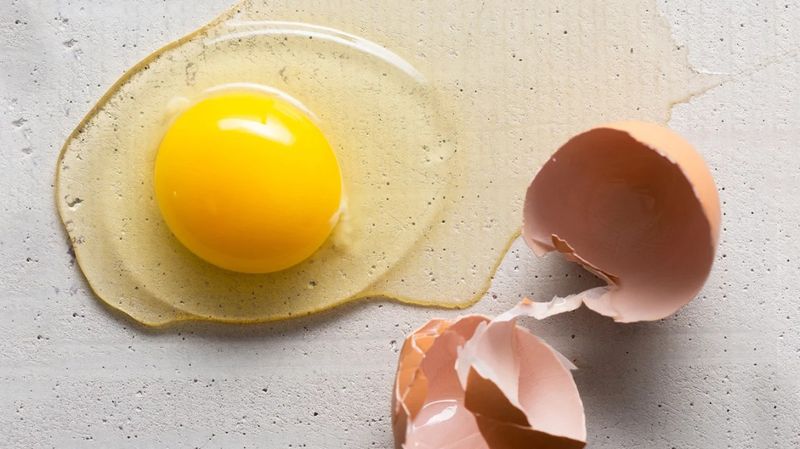
Eggs are a breakfast staple, but consuming yolks in excess can be problematic. For those genetically predisposed, multiple yolks daily can elevate cholesterol levels, turning a healthy choice into a heart health concern.
Balancing your egg intake by incorporating more whites or opting for egg substitutes can keep cholesterol in check without sacrificing protein intake. Variety in preparation and consumption can contribute to both a balanced diet and cholesterol management, allowing for the enjoyment of eggs without the drawbacks.
10. Coconut Oil
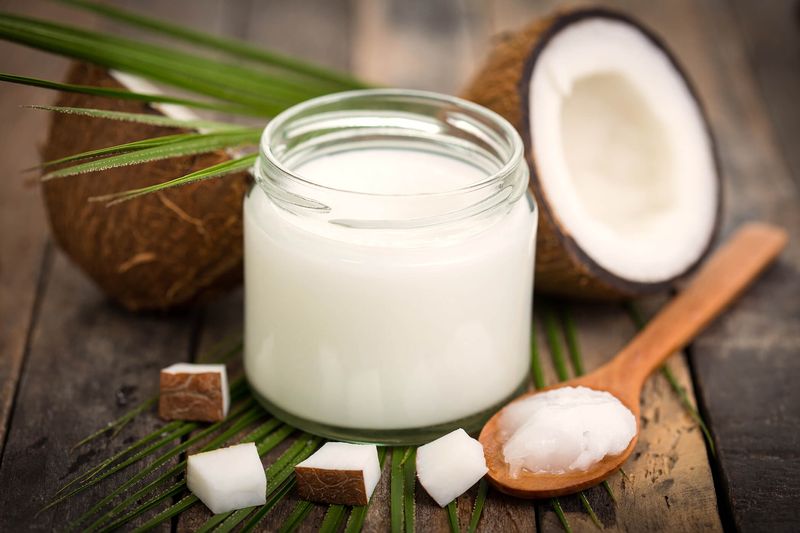
Coconut oil’s rise to fame is often linked to its natural image, but its saturated fat content rivals that of butter. As trendy as it may appear, using it lavishly in cooking can significantly raise LDL cholesterol levels.
Moderation is crucial. Swapping coconut oil for olive oil or other heart-healthy options can maintain flavor while protecting heart health. This thoughtful substitution allows for the benefits of cooking with oils without the cholesterol spike, supporting overall wellness with just a small adjustment.
